From powering up your immune system to boosting testosterone and muscle growth, the benefits of zinc for men are innumerable. Ready to level up your energy, performance, and vitality? Let’s dive into the mighty benefits of this essential mineral.
Zinc and its importance for men
Zinc is an essential mineral required for healthy growth, immune function, DNA synthesis, and cell division.
The highest concentrations of zinc in the body are found in the liver, pancreas, kidneys, bones, muscles, and eyes. Zinc also plays a role in a person’s sense of smell and taste.
Zinc is a trace mineral. You require a very small amount of it daily. You can obtain this essential nutrient by consuming a balanced diet; however, you may sometimes need a zinc supplement.
Zinc is vital for men’s overall health. It is essential to ensure sufficient zinc in your diet for strength, stamina, and peak performance.
Recommended zinc consumption guide
The Recommended Dietary Allowance (RDA) for zinc is 11 mg daily for adult men. Active men and athletes may require slightly more (12–15 mg/day) due to zinc loss through sweat and increased metabolic demand. The Tolerable Upper Intake Level (UL) is 40 mg per day. This indicates that most men can safely consume 11 mg of zinc daily through their diet and should avoid exceeding 40 mg from all sources, including supplements.
Top zinc benefits
Zinc is essential for numerous aspects of men’s health. Benefits of zinc for men include:
Improves immune function
Many over-the-counter (OTC) medications and natural remedies contain zinc because of its ability to enhance immune function and combat inflammation. Therefore, it may assist in treating certain types of infections when symptoms first emerge.
Treating diarrhea
In certain studies, zinc supplementation has decreased the incidence of infectious diarrhea.
Healing wounds faster
Zinc aids in maintaining the integrity and structure of the skin. A deficiency can often contribute to chronic wounds, such as leg ulcers. Many individuals with chronic leg ulcers are less able to efficiently absorb zinc into their bodies and have lower levels of zinc in their blood.
Although studies have not demonstrated significant effects on wound healing, supplementation has been shown to accelerate the healing process in individuals who do not typically consume sufficient zinc.
Reduces oxidative stress
Zinc serves as a potent antioxidant, aiding in the neutralization of harmful free radicals in the body. This diminishes oxidative stress, promotes healthy aging, enhances immunity, and shields your cells from damage, keeping you sharper, stronger, and more resilient.
Prevents age-related macular degeneration
Age-related macular degeneration (AMD) is a prevalent eye condition and one of the primary causes of vision impairment. Zinc supplements are frequently utilized to slow the progression of AMD and to help safeguard against vision loss and blindness.
Improves sexual health and testosterone levels
Zinc aids in the production of the hormone testosterone. Insufficient zinc can lead to low testosterone levels. Taking a zinc supplement can help restore testosterone levels to normal and enhance sexual function.
Helps in treating skin conditions
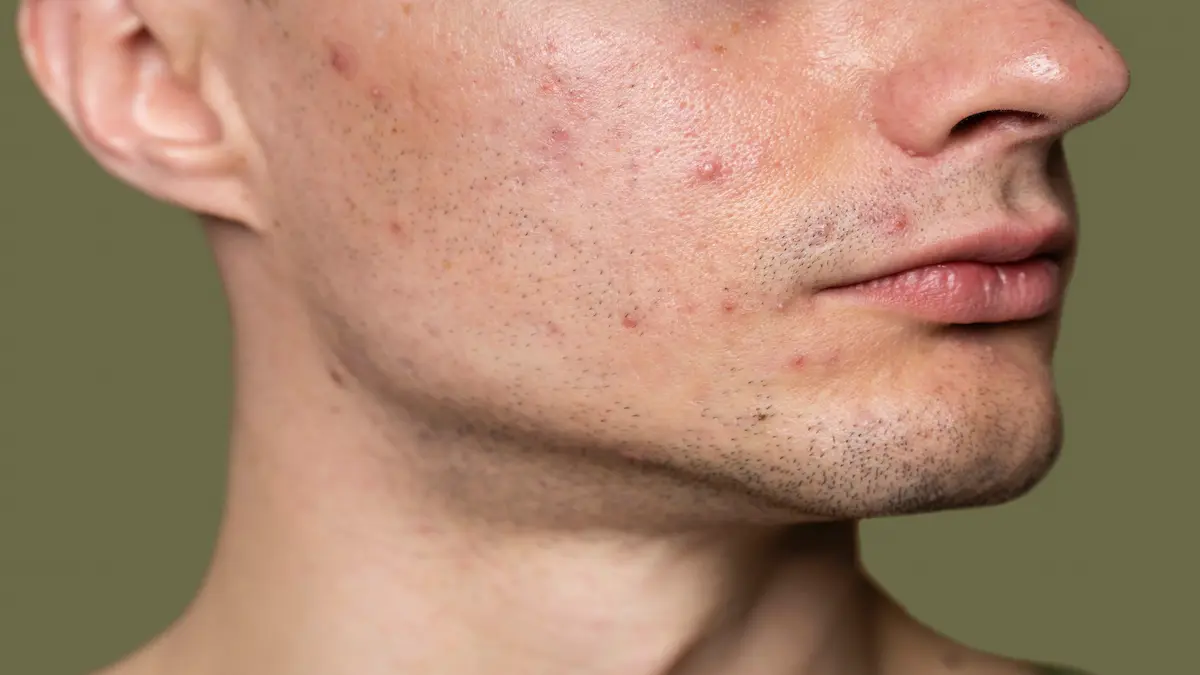
The anti-inflammatory properties of zinc benefit skin conditions such as acne, rosacea, and eczema. Both oral and topical zinc have been used for a considerable time to aid in healing and managing skin wounds and ulcers. It can also assist in treating warts. Furthermore, topical zinc ointment can help address scars and may contribute to preventing skin cancers when used as a sunscreen.
Supports bone health
Zinc plays a vital role in maintaining bone density by supporting bone-forming cells and enhancing calcium absorption. Adequate levels of zinc help reduce the risk of osteoporosis, particularly as men age, making it a quiet yet crucial ally for lifelong skeletal strength.
Supports neurological health
Zinc is essential for brain function—it supports neurotransmitter activity, memory, and mood regulation. By protecting neurons from oxidative stress and inflammation, zinc aids in maintaining cognitive clarity, focus, and emotional balance, particularly as you age.
Aids in managing type 2 diabetes
Low zinc levels may be associated with impaired blood sugar regulation and type 2 diabetes. Zinc is well known for its role in managing blood sugar levels and insulin secretion. Insulin is the hormone responsible for transporting sugar from the bloodstream to the tissues.
Dietary sources of zinc
You can obtain sufficient zinc benefits through your diet. The best food sources of zinc are:
- Oysters
- Blue crab
- Fortified breakfast cereals
- Pumpkin seeds
- Pork
- Lentils
- Some dairy products, such as milk, yogurt, and cheese
Zinc supplements
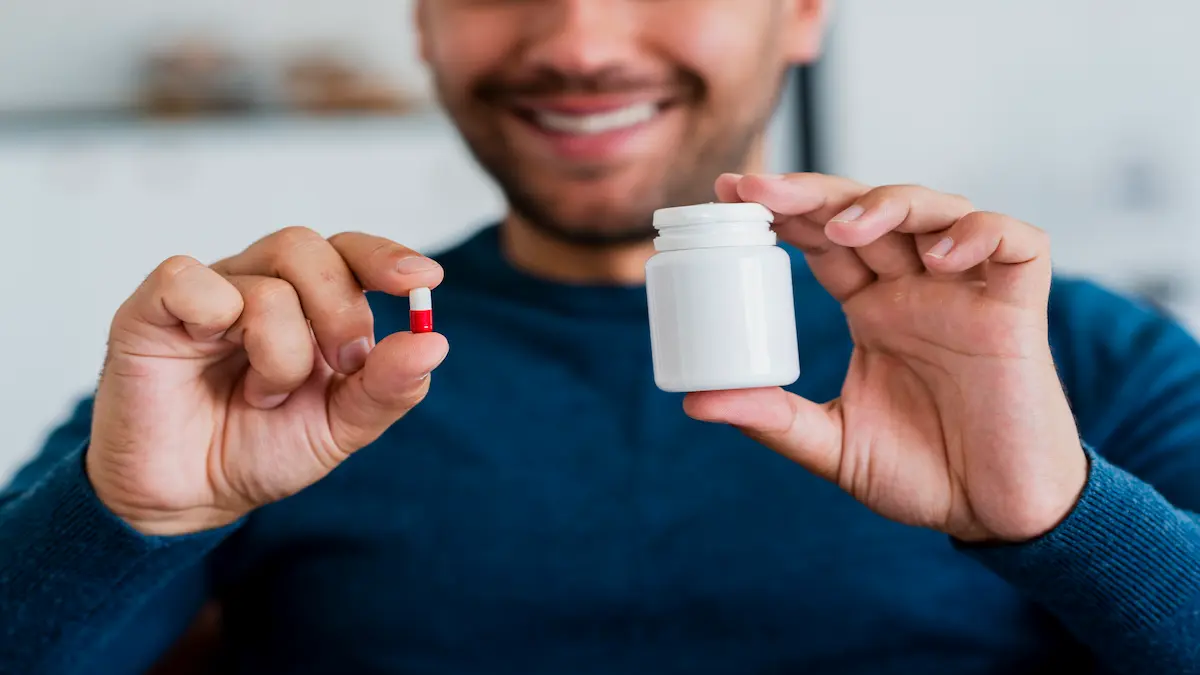
Zinc supplements come in various forms, including elemental zinc, zinc sulfate, zinc picolinate, zinc gluconate, and zinc acetate.
They are typically best taken on an empty stomach, either one hour before or two hours after meals, to ensure optimal absorption. However, if they cause stomach upset, they may be taken with food.
It is essential to consult a healthcare professional for personalised advice, particularly if taking high doses, if you have any underlying health conditions, or if you are on other medications. This is because zinc can interact with certain drugs, such as antibiotics.
Signs and symptoms of deficiency
Failing to meet the necessary zinc intake presents a health risk. Zinc deficiency may result in:
- Delayed wound healing
- Slow growth and sexual development
- Impotence in men
- Diminished taste perception
- Eye and skin lesions
- Night blindness
- Hair loss
- Diarrhea
Potential side effects and risks
When taken as directed, zinc supplements can be a safe and effective method to enhance your zinc intake and improve various aspects of your health. However, it is important to consider the potential side effects.
Understanding zinc toxicity and its consequences
Zinc toxicity, while rare, can occur with excessive zinc intake and has several consequences. Chronic zinc intake exceeding 40 mg/day in adults can lead to these issues. Symptoms include:
- Nausea, vomiting, diarrhea, abdominal pain,
- Fever, coughing, fatigue,
- Headaches, dizziness, and
- Potential copper and iron deficiencies.
Interactions with other medications
Zinc supplements can interact with various medications. They have been shown to impede the absorption of certain antibiotics, consequently reducing their effectiveness when taken simultaneously.
Boost your health with zinc
Zinc is a tiny mineral with a significant impact on men’s health. Whether through food or supplements, ensuring you’re getting enough zinc can help you stay energized, resilient, and performing at your best every single day. Don’t overlook this powerful mineral—your body (and brain) will thank you for it.
FAQs about zinc benefits for males
Curious about how zinc supports men’s health? These FAQs break down its key benefits.
- Can zinc supplements be harmful?
Yes, particularly when you exceed the recommended daily allowance.
- How does zinc support the immune system in men?
Zinc supports your immune system by combating bacteria and viruses.
- What are the best dietary sources of zinc for men?
Many foods contain zinc. Oysters contain the highest amount of zinc per serving. Eggs, dairy products, seafood, fortified breakfast cereals, and pumpkin seeds are also excellent sources of zinc.
- Is zinc good for testosterone and sexual health?
Yes, zinc plays a vital role in maintaining healthy testosterone levels and supporting male fertility. It helps with sperm production, libido, and overall reproductive health. Zinc deficiency has been linked to low testosterone and reduced sexual function.
- How much zinc should men take daily?
The recommended daily intake for adult men is 11 mg. However, athletes or men with specific health needs may benefit from slightly more (up to 15 mg/day) under medical guidance. Avoid exceeding 40 mg/day, which is the upper safe limit.
- Can taking too much zinc cause hair loss or other issues?
Yes, excessive zinc intake can lead to hair loss, nausea, immune suppression, and even copper deficiency, worsening hair and skin health. Stick to safe doses and consult a doctor before long-term use of high-dose supplements.
Key Takeaways
- Zinc is among the most abundant trace minerals in the body, occurring naturally in oysters, pumpkin seeds, and dairy products.
- The recommended dietary allowance is 11 mg per day for men.
- It enhances immune function, sexual health, and supports bone health.
- Its deficiency can lead to delayed wound healing, night blindness, and diarrhea.
Stay tuned to the Activ Living Community. Keep up to date with the latest health tips and trends through expert videos, podcasts, articles, and much more on nutrition, fitness, mindfulness, and lifestyle conditions like Asthma, Blood Pressure, Cholesterol, and Diabetes. Activ Living ke saath sahi sehat ki shuruat ABHI karo.
You may also be interested in the following blogs:
- The Ultimate Holistic Health Guide for Men: Let’s Talk Wellness
- On International Men’s Day, Lifestyle Changes For Men To Help Stay Fit And Healthy
Popular Searches
How to lower blood pressure | Fruits good for liver | Unhealthy foods | Ragi Benefits | Basal Metabolic Rate | Acupressure points for High Blood Pressure | Ayurvedic medicine for blood pressure | How to control cholesterol at home | Homeopathy for Asthma | Biological Age | Home remedies for TB | Natural beta blockers | Negative effects of internet | Types of walking | Blood pressure calculator | Blood sugar calculator | BMI Calculator





 1800-270-7000
1800-270-7000




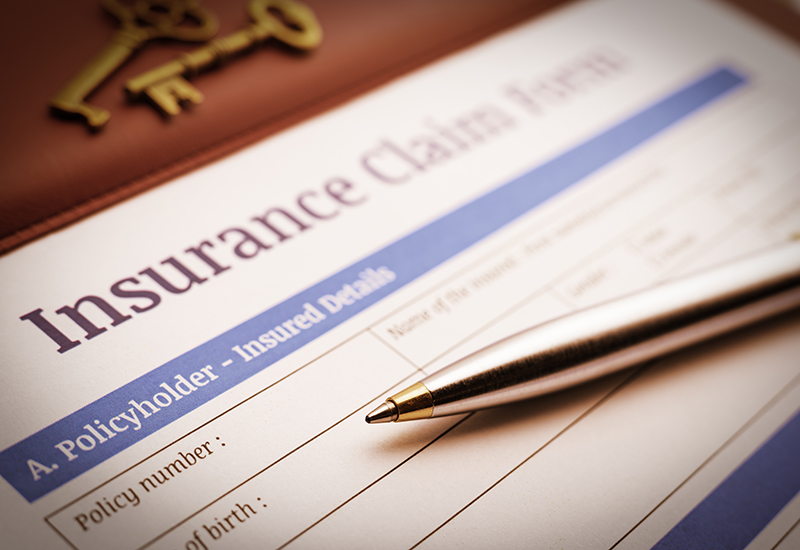



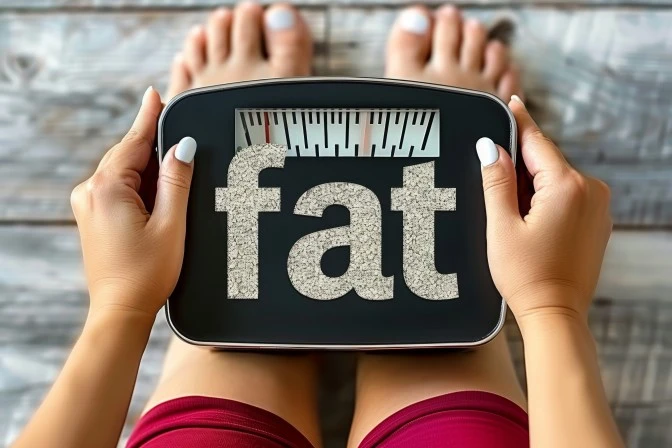
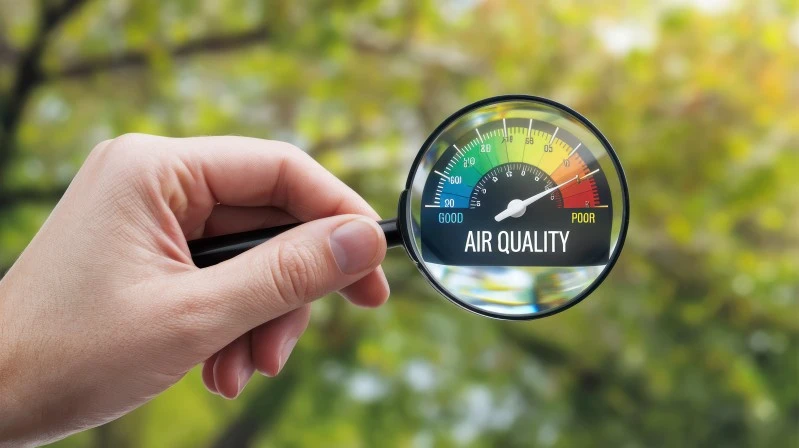

Nice role of zink in human body,we increase our immun system and all body deficence.